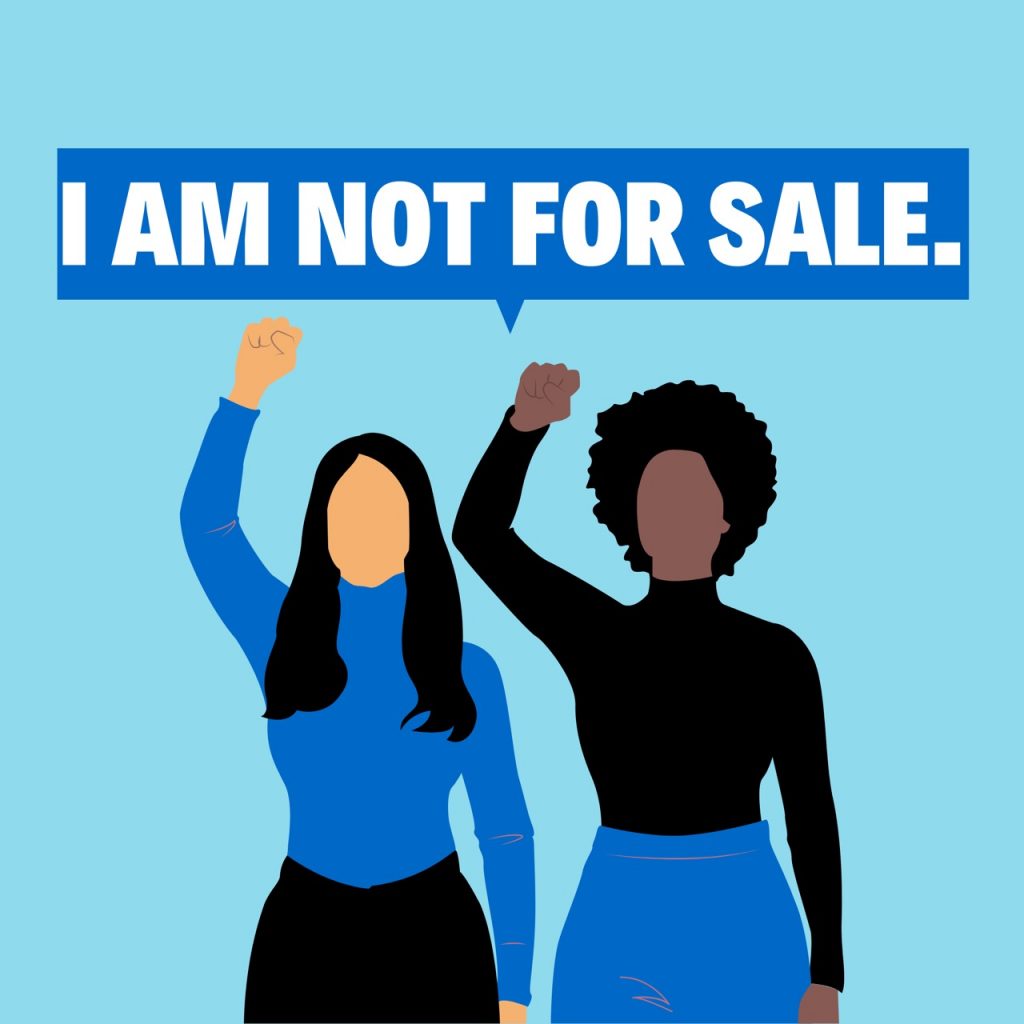
By: Anika Shashidhar Credit: The Myriad News
Anika Shashidhar explains human trafficking and the effects of such crimes on victims.
What is human trafficking?
“Human trafficking is the business of stealing freedom for profit,” Polaris Project writes on their website. The Polaris Project is a non-profit that fights against human trafficking and slavery. Vile acts such as human trafficking occurs in almost every country, either as a country of origin, transit or destination for the victims.
The UNODC (UN Office on Drugs and Crime) divides human trafficking into three factors: “The Act”, “The Means” and “The Purpose”.
“The Act”: the illegal harboring, recruitment or transporting of people.
“The Means”: the way to control or coerce a victim through abduction, threats, force, payment and emotional or physical abuse.
“The Purpose”: the act of exploitation through prostitution, sexual abuse, slavery, removal of organs or other such forms.
20 to 40 million people are subject to human trafficking globally
The United States Department of State regards human trafficking as modern day slavery. Being a major human rights violation, it breaks apart families, preys on vulnerable people and fuels crime rates.
Although experts believe 20-40 million individuals are subject to human trafficking, the actual number of cases is unknown. Thus, human trafficking is synonymous to a “hidden figure of crime”. Global profits from human trafficking are reported to be around 150 billion US dollars with about 99 billion US dollars coming from prostitution rings, sexual labor and exploitation. Two out of every three child victims are girls and overall children make up 27 percent of victims globally, about 1.2 million children in total.
According to the US State Department, the top three nations for human trafficking victims are Mexico, the Philippines and the US. Unfortunately in the US, around 60 percent of sex trafficking victims are in the foster care or child welfare systems. Children that come from foster care or child welfare systems are especially vulnerable as traffickers display affection, love and dependability towards the children, which unfortunately most often results in abuse.
Wayfair possibly ties to child trafficking
US furniture brand Wayfair received criticism for supposed rumors of human trafficking of children. Despite strong opposition and boycotting of the company, Wayfair denies all allegations of child trafficking. Those who are influenced by the conspiracy believe that, “the furniture company is selling human children who have gone missing by disguising them as pillows and other goods,” INSIDER writes. Polaris Project, who runs the National Human Trafficking Hotline, said in a press-release that such rumors overwhelm their resources and make it difficult to support trafficked individuals.
COVID-19 affects victims immensely
Furthermore, COVID-19 is having adverse effects on victims of human trafficking. Lockdowns and stay-at-home orders are causing an increase in domestic violence cases especially for girls and women who are in positions of sexual exploitation or domestic servitude. Additionally, identifying and tracking victims are even more difficult for aid agencies such as Polaris Project. This is mainly because of the closure of international and state-wide borders. Victims are also at a higher risk of contracting the virus due to less preventative measures, reduced healthcare options and financial instability.
Polaris Project works to prevent human trafficking
While human trafficking is a very complex crime, it occurs widely on global and local levels. Any association with either, “The Acts”, “The Means” or “The Purpose” is immediately human trafficking. Being a worldwide infringement on human and fundamental rights, the trafficking of human beings must be prevented at all costs. This not only means the protection of victims and survivors but also with the prosecution of traffickers and offenders.
The US National Human Trafficking Helpline is 1-(888)-373-7888 or text “BeFree” to 233733. Further information and resources can be found on the National Human Trafficking Website, operated by Polaris Project.
